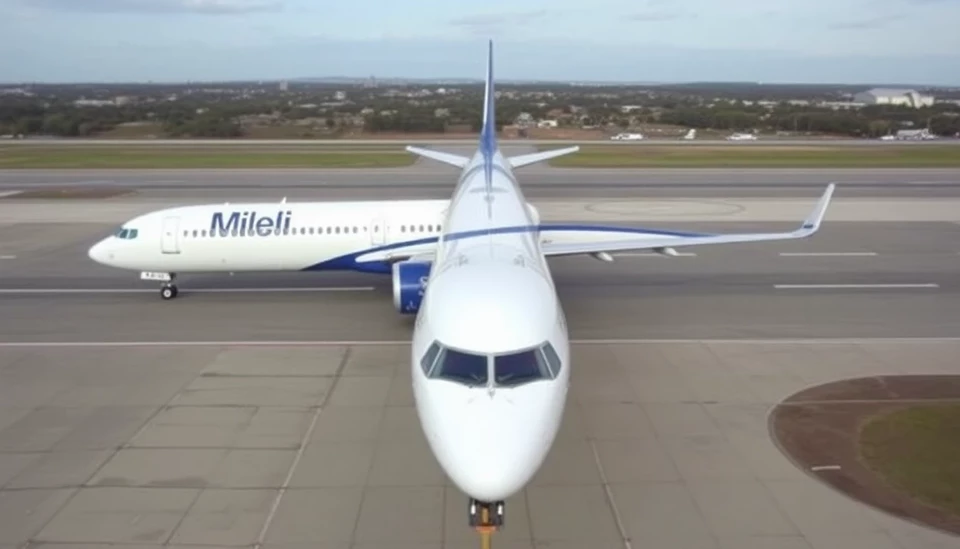
In a significant political maneuver, the Governor of Buenos Aires, Axel Kicillof, has escalated his opposition to President Javier Milei's proposed sale of Aerolineas Argentinas, the country’s flagship airline. Kicillof, a member of the Frente de Todos party, has openly criticized Milei’s privatization plan, deeming it a threat to national sovereignty and a critical blow to the airline industry in Argentina.
The dispute centers around President Milei's objective to privatize state-owned enterprises as part of his broader economic reform agenda. Milei, who assumed office in December 2023, has been advocating for substantial cuts in public spending and believes that privatization will stimulate economic growth and attract foreign investment. However, Kicillof argues that the airline's sale would result in job losses and limit access to affordable air travel for citizens.
Kicillof, who served as Argentina's Minister of Economy prior to his governorship, has laid out a compelling case against the sale, emphasizing the airline's role as a vital service provider that connects the country's remote regions with urban centers. He contends that privatization would lead to higher ticket prices, making air travel unaffordable for many Argentines. Furthermore, Kicillof accuses the government of prioritizing corporate interests over the needs of the public, a sentiment that resonates with a significant portion of the population that remains skeptical of Milei's reformist policies.
As tensions between the governor’s office and the national government escalate, Kicillof has initiated legal proceedings to challenge the sale. He argues that such a move without broad consultation could violate constitutional provisions that protect public assets. This legal battle may set the stage for a larger confrontation over economic policies in the coming months.
The clash also highlights the growing divide within Argentine politics. As the Milei administration pushes for aggressive reforms to stabilize the economy ravaged by years of inflation and fiscal mismanagement, opposition leaders like Kicillof are positioning themselves as defenders of public welfare. The outcome of this conflict could have lasting implications for both Milei's presidency and Kicillof's political ambitions.
As the national debate rages on, citizens are increasingly aware of the stakes involved. Public opinion polls suggest that many Argentines are divided on the issue of privatization. While some strong supporters of Milei laud the need for immediate economic reforms, others fear the repercussions of dismantling state institutions that were established to serve the public good.
In the weeks ahead, Kicillof is expected to ramp up his campaign against the airline sale, organizing public forums to educate citizens on the potential impacts of Milei's economic agenda. Additionally, he plans to collaborate with other opposition leaders to unify their efforts against the privatization initiative, thereby strengthening their position as an alternative to Milei's governance.
The fate of Aerolineas Argentinas hangs in the balance as both sides prepare for a significant showdown that could redefine the future of Argentina’s economy and governance. Whatever the outcome, this ongoing conflict symbolizes a pivotal moment in Argentine politics, foreshadowing the potential for further unrest amid a population eager for change yet wary of the implications.
#BuenosAires #AxelKicillof #JavierMilei #AerolineasArgentinas #PrivatizationDebate #ArgentinePolitics
Author: John Harris




